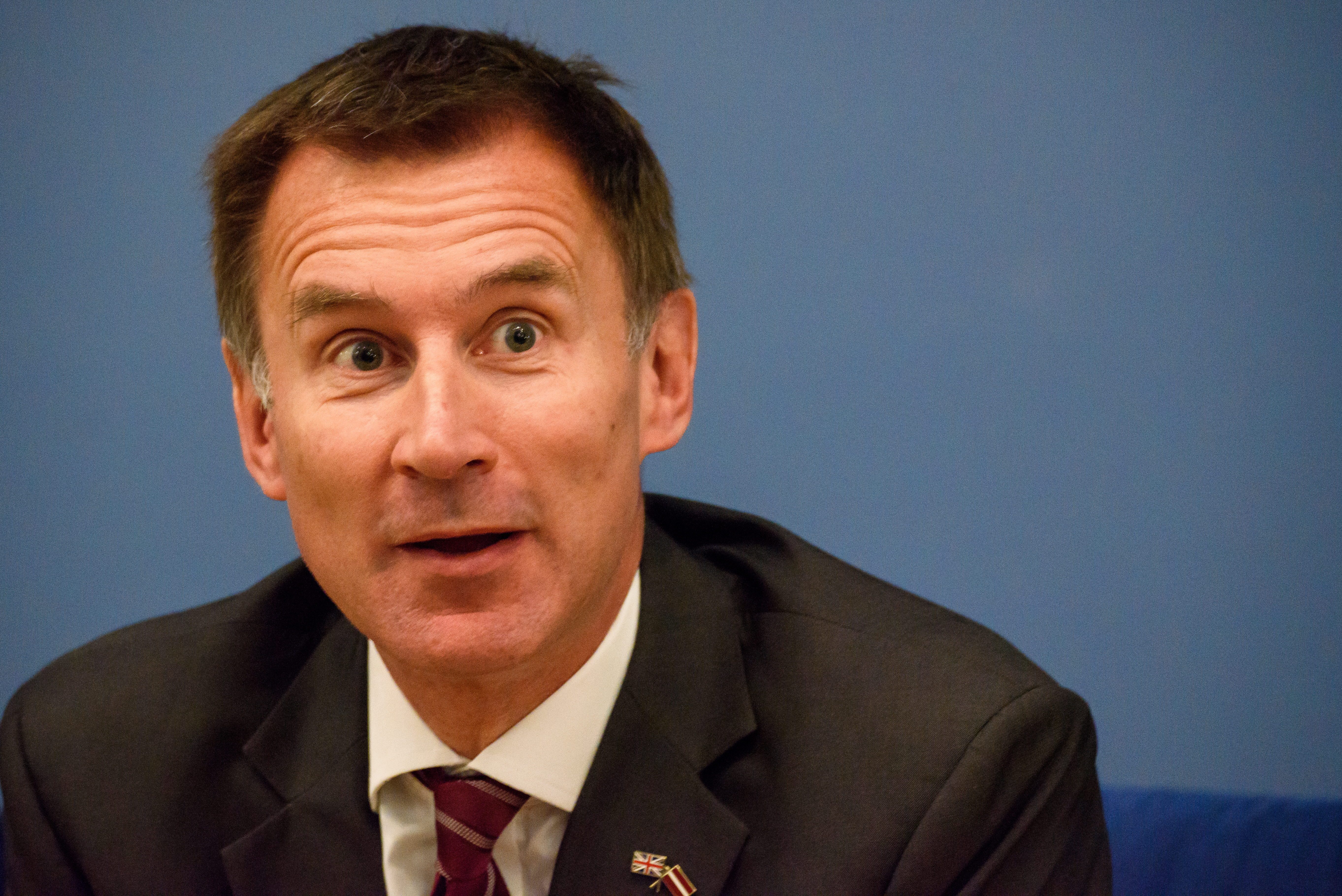What the UK's Autumn Statement means for the tech sector
by Matthew Niblett on 17 Nov 2022
Chancellor of the Exchequer Jeremy Hunt has published his Autumn Statement, outlining the UK Government’s fiscal policies for the next five years. The statement includes a number of measures of interest for the tech sector, which we summarise below.
As had been previously briefed, the government will increase corporation tax to 25% from April 2023 for businesses with profits of over £250,000 per year. The Chancellor also confirmed that the UK will implement the OECD’s global corporate tax deal, with Pillar 2 rules coming into force for accounting periods beginning on or after 31 December 2023. The Treasury has decided against the introduction of an online sales tax and the Annual Investment Allowance will be set at its highest ever permanent level of £1 million from 1 April 2023.
On tech regulation, Mr. Hunt confirmed that the government will introduce the Digital Markets, Competition and Consumer Bill before April 2023 (see our briefing on the subject here). By the end of 2023, the government will also decide upon and announce changes to EU regulations in five growth industries: digital technology, life sciences, green industries, financial services, and advanced manufacturing. The government has pledged increase the generosity and availability of the Seed Enterprise Investment Scheme and Company Share Option Plan. Mr. Hunt has also committed to maintaining the public R&D budget in the short-term and increasing it by £20 billion in 2024/25.
Regarding energy and the environment, the government has reiterated its commitment to the Glasgow Climate Pact agreed at COP26 in 2021, and to the UK’s interim emissions reduction target of at least 68% by 2030. The government has increased the windfall tax on oil and gas companies from 25% to 35% and will levy a 45% windfall tax on electricity generators from 1 January 2023. The government is also seeking to reduce energy consumption from buildings and industry 15% by 2030, with funding for energy efficiency schemes to double from 2025.
Amidst its projections of high inflation and negative economic growth, the Office for Budget Responsibility has predicted higher levels of net migration: 224,000 in 2023 as opposed to its previous prediction of 136,000.
Overall, the increase in taxes for businesses is likely to reduce profits and possibilities for tech firms to invest and be invested in. Demand for goods and services is also likely to fall with reduced household real incomes and higher unemployment projected. On the other hand, the increase in net migration may improve tech businesses’ access to talent, while the renewed commitment to sustainability bodes well for those in the green tech space. The next couple of years will certainly be tough for the UK economy, but Mr. Hunt and the Conservatives will hope that today’s intervention is sufficient to turn the ship around. If it is not, the tech sector will start paying closer attention to the policy intentions of the Labour Party.
Topics: UK politics, Competition policy, Tax, Regulation, Technology






Comments